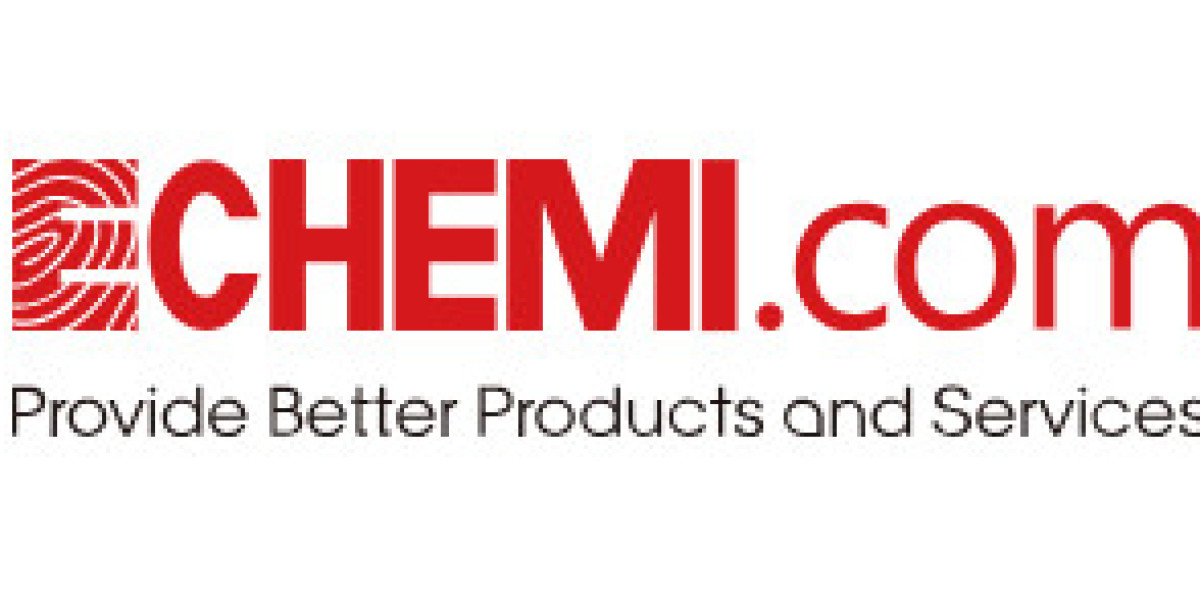Chemical manufacturers are essential players in the global economy, responsible for transforming raw materials into a wide array of chemical products used across various industries such as pharmaceuticals, agriculture, textiles, and plastics. The efficiency of their supply chains is critical to ensuring timely production, cost management, product quality, and customer satisfaction. An optimized supply chain enables chemical manufacturers to meet fluctuating market demands, reduce waste, and adapt swiftly to disruptions.
Supply chain efficiency in the chemical industry involves several interconnected factors. First, raw material sourcing is vital; manufacturers need to secure a consistent and high-quality supply of raw ingredients like petrochemicals, minerals, or renewable feedstocks. Diversifying suppliers and establishing strategic partnerships help mitigate risks associated with geopolitical issues, natural disasters, or price volatility. Second, manufacturing processes should be streamlined through automation and process optimization to minimize lead times and maximize throughput without compromising safety or quality standards.chemical manufacturer
Logistics is another crucial component. Efficient transportation and storage solutions ensure that chemicals are moved swiftly and safely from suppliers to manufacturing facilities and then to end-users. Many chemical companies adopt just-in-time (JIT) inventory systems to reduce holding costs and respond quickly to market demands. Technology plays a vital role here; tools such as real-time tracking, data analytics, and integrated supply chain management platforms provide transparency, enable better demand forecasting, and facilitate rapid decision-making.
Regulatory compliance and safety are core to supply chain efficiency in this industry. Ensuring adherence to environmental, health, and safety standards prevents costly delays and penalties. Modern chemical manufacturers often implement compliance management systems and sustainability practices to meet both legal requirements and customer expectations for eco-friendly products.
Furthermore, digital transformation is revolutionizing supply chain operations. Advanced software solutions allow companies to optimize inventory levels, predict equipment maintenance needs, and identify potential bottlenecks before they impact production. An emphasis on sustainability also encourages companies to explore greener logistics options, such as rail or sea freight, to reduce carbon footprints and improve overall efficiency.
In summary, chemical manufacturers rely heavily on an efficient supply chain to remain competitive and resilient in a dynamic market environment. By integrating innovative technologies, diversifying sourcing strategies, streamlining production, and adhering to safety standards, they can enhance their supply chain operations, reduce costs, and swiftly adapt to changing industry conditions. Continued investment in supply chain optimization is key to sustaining growth and driving innovation within the chemical industry.















